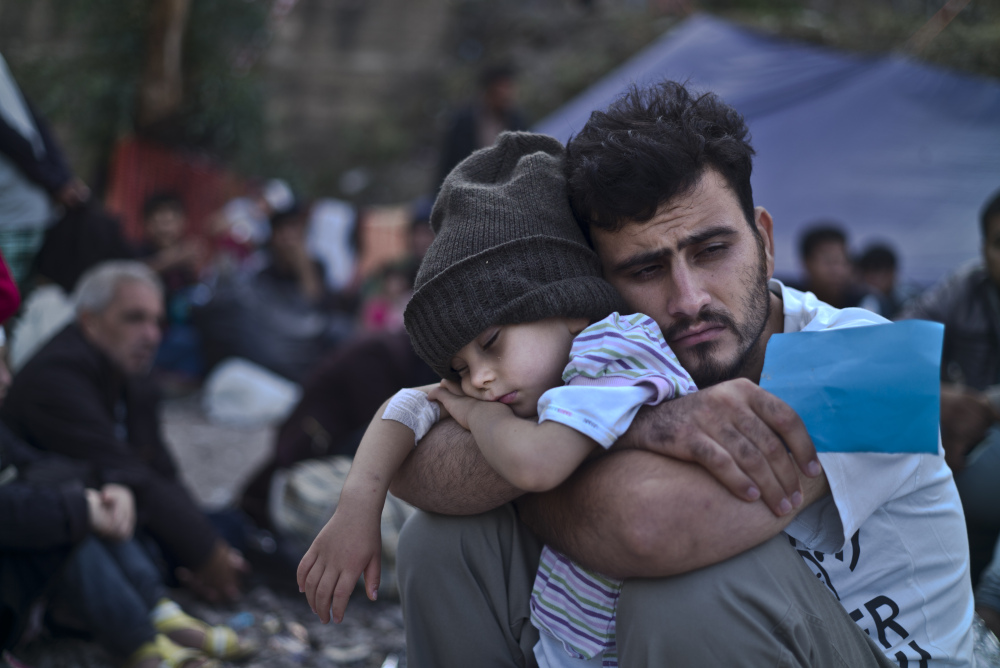For people entering the United States, there is no more rigorous test than the one that faces Syrian refugees, who must endure months, if not years, at makeshift camps in the Middle East while they undergo a series of interviews and background checks.
You wouldn’t know that, though, from the politicians who have, under the guise of raising serious questions, condemned the process without really understanding it.
Nothing good can come from that response, which exploits the reasonable fears generated by the Paris attacks and appeals to nativist impulses that real leaders should tamp down, not inflame.
Of course the system for vetting refugees should be as secure as possible, and it should be reviewed often during what is now a massive refugee crisis.
A short “pause” in taking refugees, as has been done in the past during times of crisis, may even be warranted, but only as an opportunity to solidify how refugees are processed, not stop it altogether.
But overstating the risk and expressing great concern without providing context only produce anxiety. That may capture political support in uncertain times, but it gets us no closer to a solution that provides safety for both the United States and the Syrian refugees.
Those last two goals are intertwined. One of the keys to defeating the Islamic State (also known as ISIS or ISIL) is to give sanctuary and support to the people it terrorizes and displaces. Amid all the upheaval, people are seeking safety and stability, and they’ll go to those who can provide it.
That’s a powerful mechanism for reshaping the region, and it could go any number of ways. It should go ours.
So far in this crisis, though, the United States is barely pulling its weight.
Germany already has accepted nearly 60,000 Syrian applications for asylum this year. France is sticking by its pledge to take 30,000, despite the tragic events of the last week. In contrast, the plan by President Obama that is receiving so much blowback calls for allowing 10,000 Syrian refugees this year.
Those who make it to refugee camps must apply to the U.N., which refers proper candidates to the United States.
Then, overseas, candidates are interviewed, and their names run through a number of different databases. More interviews and background checks follow, by the National Counterterrorism Center, the Department of Homeland Security and the Defense Department, among others.
If they pass all the checks, the candidates are resettled, but not before another check at the airport by U.S. Customs and Border Protection.
In all, it takes at least 18 to 24 months. If a terrorist wants to come into the United States, there are easier and faster ways. There always will be in a free and open society.
The process has proven secure. Since 9/11, more than 780,000 refugees have entered the United States, with little impact on security.
More than 2,000 of those refugees have come from Syria – half of whom were children, and only 2 percent of whom were males of “combat age” – again, with little effect on safety.
The United States certainly can take in more refugees while maintaining security. In fact, to earn its moral standing in the world, and to defeat extremism in the Middle East, it must.
Send questions/comments to the editors.


